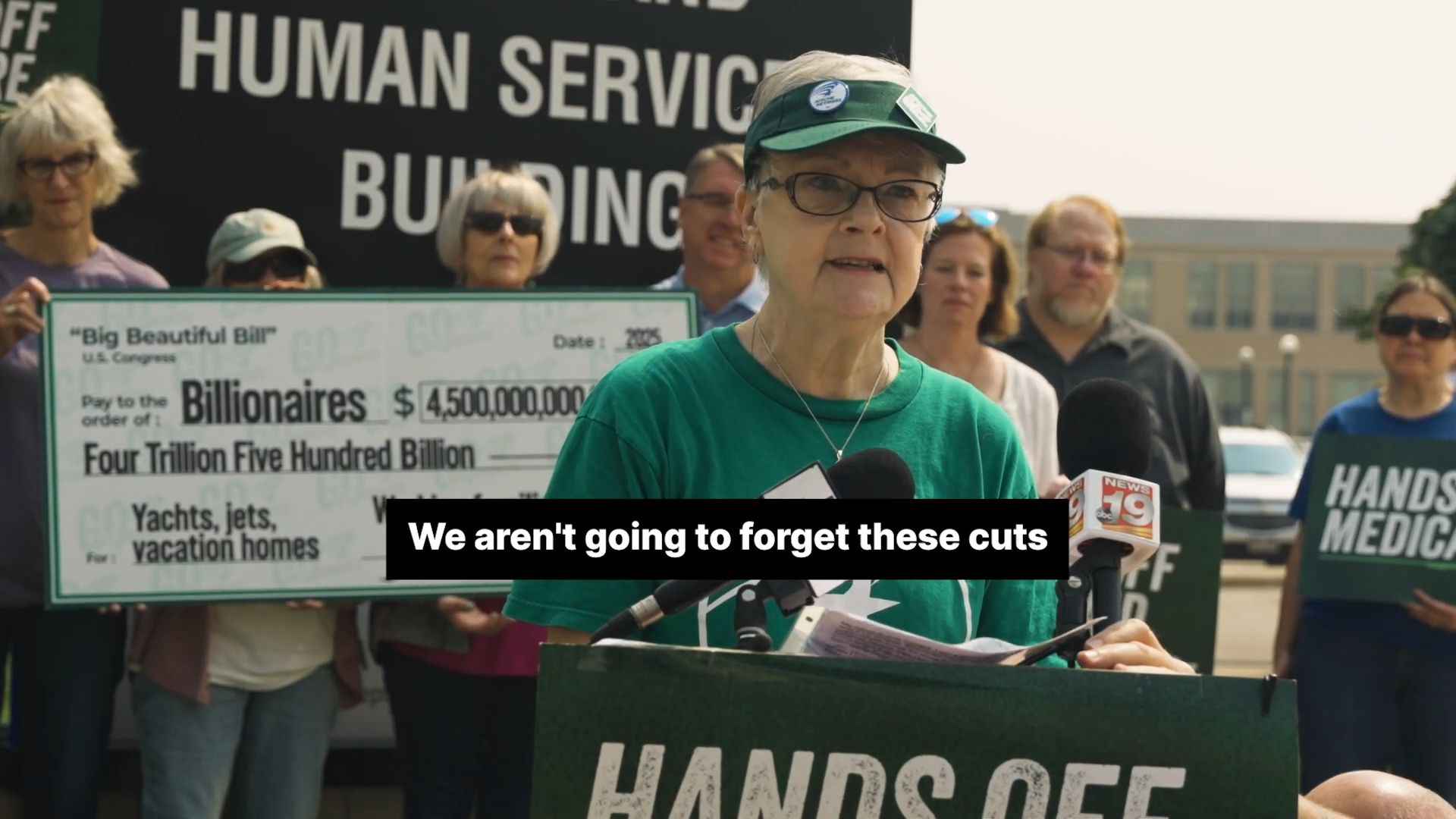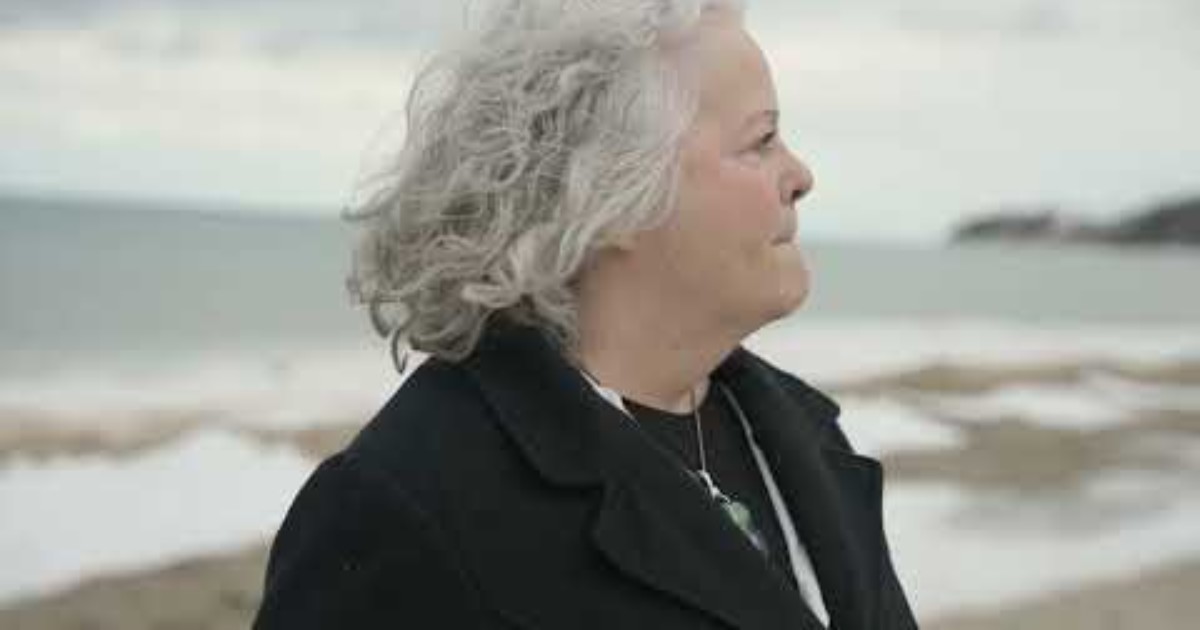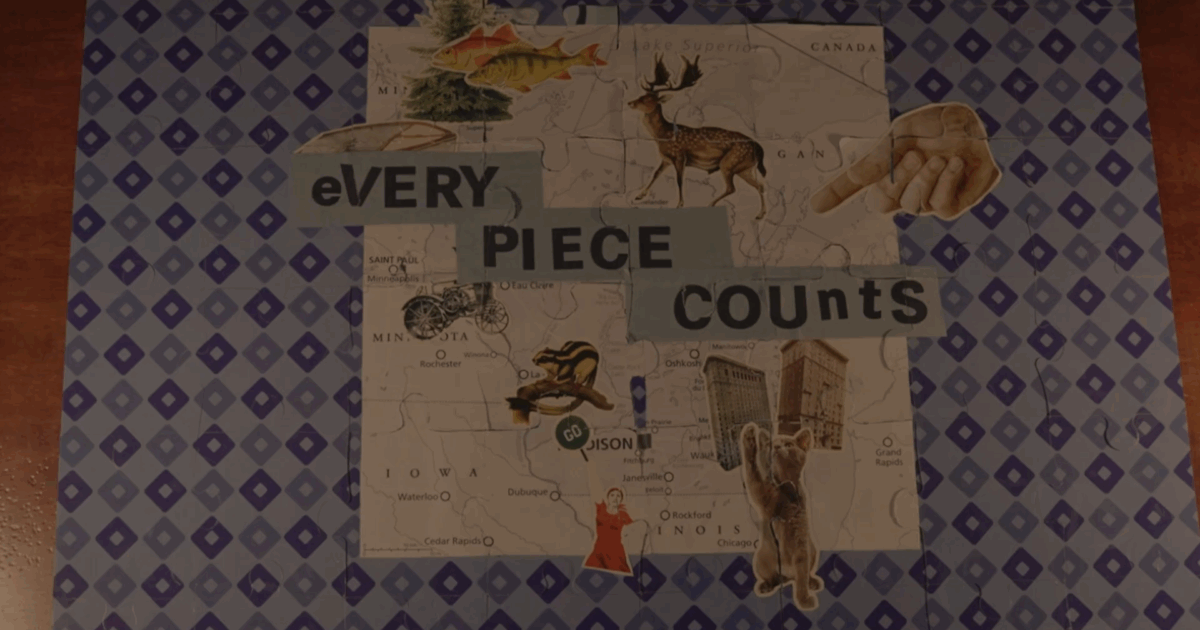In this multi-part series, we sit down with leaders from Wisconsin’s trans community and its allies to discuss the rise in anti-trans legislation, the realities of gender-affirming care, and the importance of fighting for the freedom to live authentically—whether we are trans or not.
—
As a veteran, I put on that uniform for the right of everyone. I didn’t pick and choose who I was; I put on that uniform for everyone.
—
I’m a sister, I’m a mom, I’m a daughter, I’m a UW Madison graduate. I identify just as proudly as a Badger as being a trans woman.
—
Trans is a label which is way down on the list of what’s important. What’s important is how you’ve lived your life, cared for your neighbor, and raised a family – those sorts of things. It just so happens that I’m also trans.
—
All right, so let’s get into some of our stories—life stories, you know—and maybe a few initial reflections on what it was like: grade school, high school, college, young adult.
—
For a long time, I had trouble coming to terms with the fact that I’m transgender, and it wasn’t until I was 34 that I could make that acknowledgment to myself. Since then, it’s been an adventure. Those first couple of times when you go grocery shopping or you go to Walmart or Target, you’re expecting everyone to come out with pitchforks and torches and treat you like the Frankenstein monster, and it just didn’t happen. When I’m at a big box store, I don’t care what the person next to me is wearing. I’m worried about my kid climbing on the cart or taking glass objects off the shelf. “No, no, put that back.” People are worried about their own lives, and I think for the most part, you’re given space. But I was really afraid of other people’s expectations of me during the early days of my transition.
—
I don’t have a defining moment of when I came out as a kid or a lightbulb moment, but it was just a culmination of every little thing. Like you said, there was no vernacular back then. It was LGBT, and the T was often left off. I didn’t come out till I was 20, but back then, I came out as a lesbian first. Then I lived my life as a lesbian up until I was 32. I’m 35 now, so at 32, I was doing this assignment for a paper for school, and I did it on the LGBTQ+ community because why not? I know that community; I’m part of it. So let’s make an easy A and write a paper about that.
Like, that was—I’m just looking for my grades at this point—and it was about the trans non-binary community. So I looked up non-binary and what that meant, and I’m like, “Oh shucks, this is [home].” I remember sitting on my bed and just crying because I was like, “Oh man, I’m gonna have to come out again. Here we go.” So, it’s an evolvement. I think we’re always evolving with the time. I think I’ve continued to evolve my identity as I’ve gotten older, and I finally feel at home. I finally feel this is where I am, this is where I belong, and I’m comfortable.
—
Since I came to terms with that and gave myself permission to live authentically and stop hiding who I am and what I care about and my passions, this weight has been lifted off of me. I’m able to do a lot of good work in the community, and I’m more confident, more self-assured. I can be a better parent, I can be a better partner, and it’s made all the difference being able to live authentically.
—
Of course, I come from another century, I think. I grew up with three sisters and had a grandmother who was a seamstress and worked in a bridal shop. Every Christmas and every Easter, Grandma would make a new dress for my three sisters, and there was something magical about that. They had dresses, and it was like, “Wow, this is really weird.” So I stuffed it. In fact, I told my grandmother, “I’m hunting for a grandfather who’s a tailor because that’s only fair.”
While still in college, I started doing research because, for me, it was, “Where can I find a cure?” Then it came to me after doing this research that there’s no cure. It just is. It’s how God created me; it’s how I’m wired. It’s like somebody who’s left-handed, and you ask, “How did you choose that?” You don’t choose it; you just are. Even though you want to use your right hand if you’re left-handed, you try. The place where I had peace is when we’re allowed to express. Then, you know, we talk about that weight, that profound sense within the core of your being that this is right—to be who you are and to be able to express it.
—
What are some of the things you wish people knew about us as trans people?
—
If you’ve met one trans person, you’ve only met one trans person. We’re vastly different. We’re under one umbrella, but each of us is unique in our transness. It doesn’t make us any less valid or invalid; it’s just we’re all different. Like, we are all different.
—
There’s no one way to be trans. It doesn’t mean that you start on hormones and that you have surgeries. I mean, so many times people jump to the fact that trans people may or may not have surgery, and that’s like one—yeah, one aspect of it. It’s about expressing yourself in a way that you’re comfortable. The number of people that you’ve bumped into, whether it’s co-workers, family members, friends, neighbors, who may have been closeted and heard you make off-colored jokes—I think a lot of people need to realize that LGBTQ individuals, trans individuals, are our siblings, our parents, our friends, our co-workers, our neighbors. You know, we’re one percent of the population, and we have over 540 bills that are anti-gay right now. You have a hundred people in a room, and you want to pick on the one person who’s trans in the room to paint with a broad brush and say that, you know, trans people are this or trans people are that. I mean, that’s just not accurate. I mean, we’re individuals; we just happen to be trans.
—
I have this fantasy that someday I’m going to do a video about all the amazing things I did and then end it with, “Oh, and by the way, I’m also trans,” because trans is a label which is way down on the list of what’s important. You know, what’s important is how you’ve lived your life and cared for your neighbor and raised a family and those sorts of things. It just so happens that I’m also trans.
—
And that idea that we all carry so many different identities—I’m a sister, I’m a mom, I’m a daughter, I’m a UW Madison graduate. I identify just as proudly as a Badger as being a trans woman. I mean, being trans is just one facet of my personality, but it’s one that people understand the least. So, a lot of people fixate on it, and that’s what they want to talk about when they talk to me.
—
I think another point I would say that I want people to understand is we’re not contagious. We’re not going to pollute society, and there’s not going to be this explosion of transness.
—
If we walk into the bathroom. We just want to use the bathroom or the fitting room. There’s no ulterior motive; just let us pee in peace.
—
I think we’re actually making progress because of all the blowback. I mean, there is such wonderful coverage with the media, but this culture has to catch up with reality. I was talking with one of the Two-Spirit people from the Oneida tribe locally, and one of the comments that he made was, you know, growing up as an Oneida that welcomes the Two-Spirit, you never have to come out; you just are. And wouldn’t that be wonderful?
—
I read somewhere, I don’t remember where it was—Instagram or a book—but where they spoke about how it’s not necessarily coming out; it’s inviting people in. Because you’re not coming out to anybody; you’re inviting people into your innermost being. And it’s not something that you should announce to the world; it’s something that you should bring home to you.
—
It’s really encouraging that the next generation is more open to the idea of gender less as a binary and more as a spectrum. It gives me a lot of hope for the future that coming out and having these tough conversations and having people struggle with their identity is going to be easier as these strong, thoughtful kids become adults.



